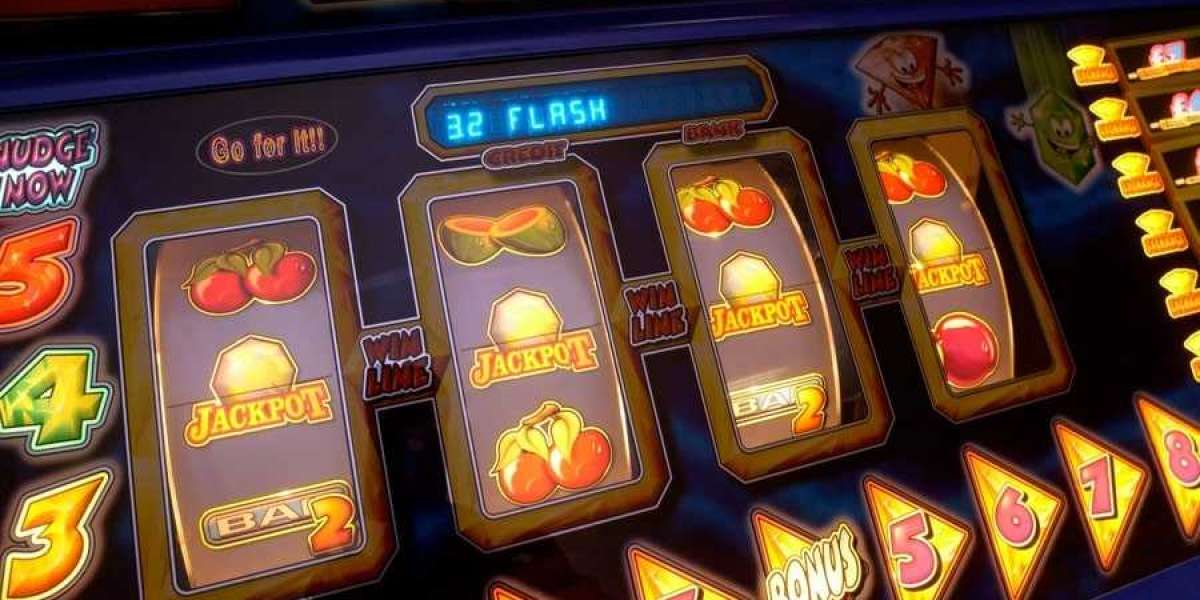The world of lottery predictions is evolving, notably with advancements in machine learning and AI know-how.
The world of lottery predictions is evolving, notably with advancements in machine learning and AI know-how. As predicted developments turn out to be extra correct, we may see the rise of subtle prediction methods that incorporate even more variables, from weather conditions to psychological profiling of players. The potential for partnerships between conventional lottery techniques and predictive applied sciences may lead to enhanced gaming experiences that blend entertainment with analytical strategies. Staying attuned to those developments can present players with insights that enhance their chances while fostering greater excitement in regards to the unpredictability of the lottery.
It’s essential to plan for this tax obligation when deciding how to claim your winnings. Whether you select a lump-sum payout or annuity funds, your tax legal responsibility will vary. Consulting with a tax skilled might help you devise a strategic method to reduce your tax burden whereas guaranteeing compliance with all applicable laws.
As expertise continues to advance, the finest way we interact with the lottery has developed considerably. Historically, shopping for a lottery ticket meant visiting a physical store and managing cash transactions. However, the introduction of **
Lotto Analysis apps for iPhone** has drastically simplified this course of. According to a current study, approximately 40% of lottery gamers favor utilizing cell apps over conventional methods, and this development is only anticipated to grow. The comfort of buying tickets, checking outcomes, and even receiving notifications about upcoming attracts, all from the palm of your hand, makes these apps appealing to a large viewers.
One of the most dependable methods of predicting lottery outcomes is statistical evaluation. This entails inspecting previous
Lotto Number Generator results to determine trends. Statistics reveal that sure numbers appear extra regularly than others, a phenomenon sometimes called 'scorching' and 'cold' numbers. Studies have shown that scorching numbers, or these which have been drawn recently, are probably to proceed showing in upcoming attracts, whereas chilly numbers may have an inverse development. By leveraging this statistical framework, gamers can formulate more informed selections for their day by day lottery choices. For instance, evaluation of the final one hundred attracts may help identify such trends, informing players as to which numbers would possibly yield more favorable leads to their upcoming games.
Another notable instance occurred in Canada in 2016 when a winner was announced who had bought a ticket from a retailer owned by the lottery operator. Although the successful was reliable, the shut connection between the retailer and the lottery sparked outrage and led to a re-evaluation of sales practices.
To understand whether lotteries could be rigged, it's essential to first grasp how they function. Most lotteries use a random number generator (RNG) or bodily drawing mechanisms involving balls. Las Vegas and other major gaming hubs have long relied on strong security measures to supervise these processes. For occasion, the Multi-State Lottery Association (MUSL) states that their lottery video games undergo stringent testing and audits to stick to fair gaming requirements. Each drawing event is supervised by unbiased auditors, guaranteeing compliance with the specified rules. In many jurisdictions, lotteries are regulated by government authorities, emphasizing transparency. Moreover, unbiased businesses typically conduct regular audits of bankroll, procedures, and consequence declarations, further bolstering the assurance of integrity.
No matter what technique is employed, managing one's monetary investment in the lottery is important. Setting a strict price range helps avoid overspending, as it's simple to get caught up within the excitement surrounding the potential of successful. Players should approach the lottery with a clear understanding that it is a type of leisure, and while methods could improve odds, there are not any guarantees. According to the Responsible Gambling Council, about 60% of normal lottery gamers have a functional technique that involves pre-determined spending limits. By establishing a price range, gamers can benefit from the lottery while minimizing the chance of significant financial loss.
Lotto gamers typically exhibit a phenomenon often known as the "gambler's fallacy," believing that previous events can influence future outcomes in a random setting. For example, if a particular quantity hasn’t been drawn in a while, some players would possibly really feel it’s "due" to be chosen soon. This fallacy can contribute to feelings of distrust when their chosen numbers don't win, regardless of the underlying randomness.
Statistical evaluation performs a vital position in evaluating whether or not lotteries could be considered rigged. Lotteries are designed to be random, that means that the odds of winning are based on a mathematical formulation somewhat than any human interference. For instance, in Powerball, the odds of profitable the jackpot are approximately 1 in 292 million. These staggering odds make it seem exceedingly unlikely for an individual to win, feeding into the notion that the sport is rigged. However, the fact is that these numbers reflect true randomness and equity, not manipulation. The sheer math behind lottery odds serves as a beacon of eligibility and accessibility; everyone has an opportunity, albeit a slim one. The key here is knowing the character of probability and variance in a sport of probability.
슬롯사이트 순위 비교: 최고의 슬롯사이트를 찾아라!
von karinamoreland Innovation Amid Raids: Inside Nigeria's Dynamic Sports Betting Industry
von willardweather
Innovation Amid Raids: Inside Nigeria's Dynamic Sports Betting Industry
von willardweather L.M. Ching: Establishing New Benchmarks in Customer-Oriented High-End Skincare Distribution
von randalllowranc
L.M. Ching: Establishing New Benchmarks in Customer-Oriented High-End Skincare Distribution
von randalllowranc Revolução no Cuidado Animal: Descubra os Benefícios do Bebedouro Australiano para Gado
von joolucasc1774
Revolução no Cuidado Animal: Descubra os Benefícios do Bebedouro Australiano para Gado
von joolucasc1774 Chat-Video kostenlos.
von kirksmyth57114
Chat-Video kostenlos.
von kirksmyth57114
